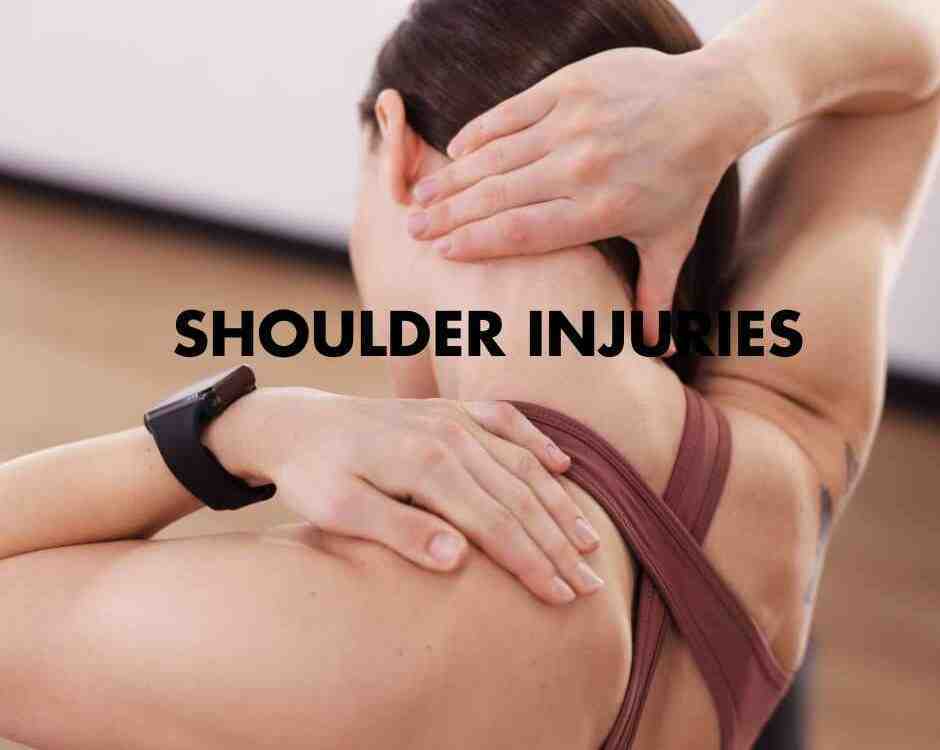What is Attention Reaction Time Following Concussion?

Dangers of Chiropractic and The Opioid Epidemic Crisis
February 20, 2023
What Can You Eat When You Don’t Feel Well?
February 20, 2023Attention Reaction Time Following Concussion
Concussions affect millions of people, athletes and non-athletes, every year. These concussions are referred to as traumatic brain injury or TBI within the medical community. Most people have a vehicle and drive daily and if you are driving or riding in a vehicle, you are susceptible to suffering a concussion from a motor vehicle accident (MVA). At Chambers Medical Group, we see all sorts of demographics due to this common factor. People that have suffered some form of concussion often think it is safe to continue driving and going about their daily routine. A danger that will arise from this situation is a continuation of a slow “Attention Reaction Time.”
One factor in post-concussion healing is attention reaction times. If concussed (TBI) you will often experience slower reaction times, slower thought processing and slower/lower test scores compared to someone who hasn’t been concussed. Driving is a complicated thought process which also requires fast reaction times. There are times when a fast reaction may be required to avoid a life or death accident while driving. If you are still experiencing a delay with thought processing, you may not be able to make the correct reaction in time. Only 58% of patients that have suffered some level of concussion are told to refrain from driving. The general advice given by most medical professionals is to refrain from driving first 24 to 48 hours after the concussion. Previous studies have shown that people will have a delayed reaction time days following their injury which will impair their ability to drive. Their reaction times can still be decreased for days even after their initial concussive symptoms have resolved. A recent study in March 2020 Sports Medicine showed patients can experience slow reaction times from 3 to 8 plus weeks following the initial concussion.
If you have suffered possible TBI, how do you know it is safe to drive? It is usually the patient that decides whether they feel safe enough to drive. The doctor can advise them not to drive but some patients may choose to ignore the recommendation because they don’t understand how delayed their response time is. There are various tests that can assess reaction times, but it is important to understand that just because headaches, dizziness or balance may have improved, the reaction time may still make it unsafe for you to drive. If you happen to find yourself with another head trauma shortly after having a concussion, it could seriously put you at risk. The brain is more vulnerable following a TBI and can be fatal if the brain begins to swell.
Ultimately it is upon the patient to seek help following any accident where they may have sustained a brain injury. Here at Chambers Medical Group, we assess the level of TBI and guide you on what the next steps should be.
This article is written by Aaron Workman, DC, one of the members of Chambers Medical Group’s team of car accident chiropractors who offer a variety of treatments and therapies ranging from diagnostic testing to various soft tissue therapies for car accidents and injuries in Kentucky.
Have you been in a car accident? If you or somebody you know has been in a car accident, be sure that you seek medical attention from a car accident doctor or car accident chiropractor to treat your injuries. Visit Chambers Medical Group to receive world-class medical treatment for your injuries.
Chambers Medical Group has car accident medical clinics in the following locations:
- Car Accident Medical Clinic in Tampa
- Car Accident Medical Clinic in Plant City
- Car Accident Medical Clinic in Brandon
- Car Accident Medical Clinic in Lakeland
- Car Accident Medical Clinic in Sarasota
- Car Accident Medical Clinic in Louisville
- Car Accident Medical Clinic in Lexington
- Car Accident Medical Clinic in Florence




